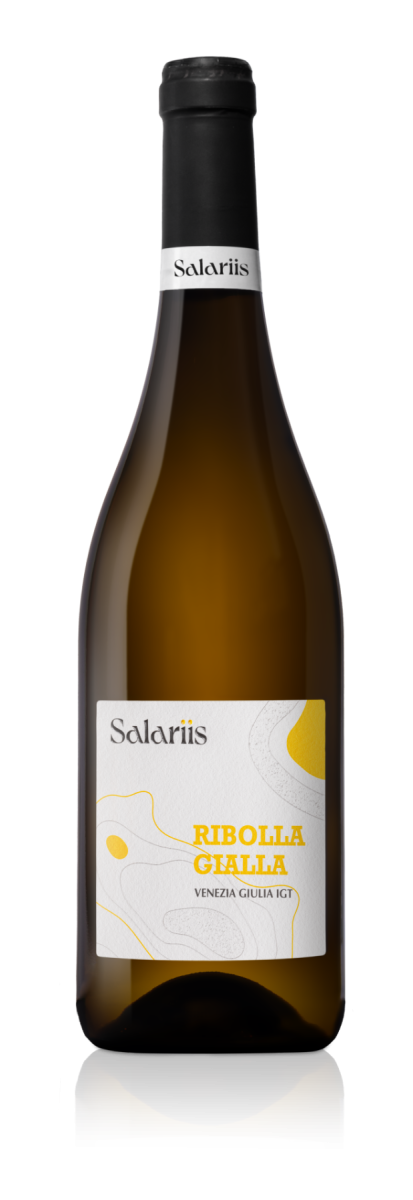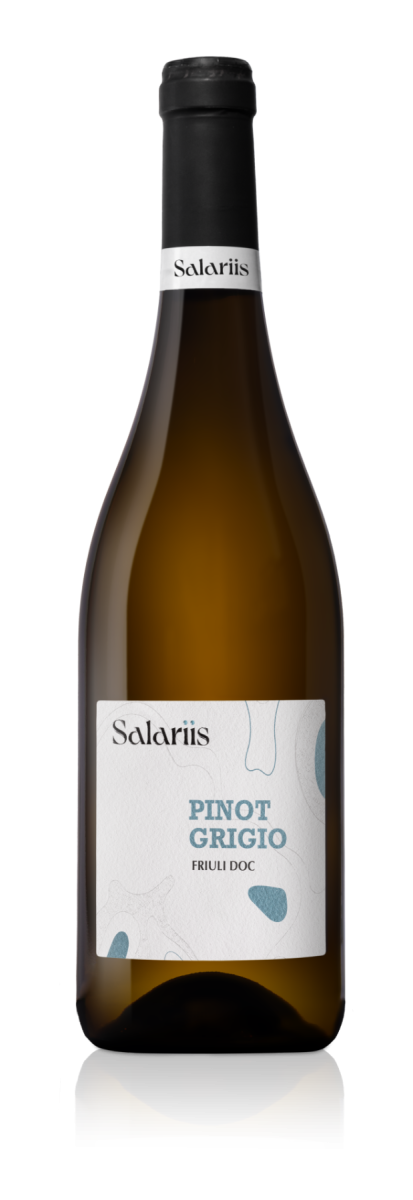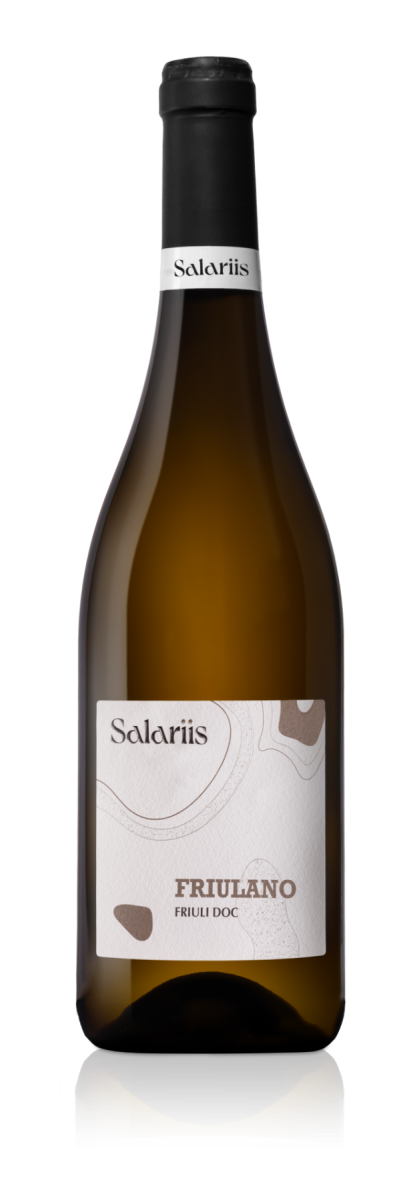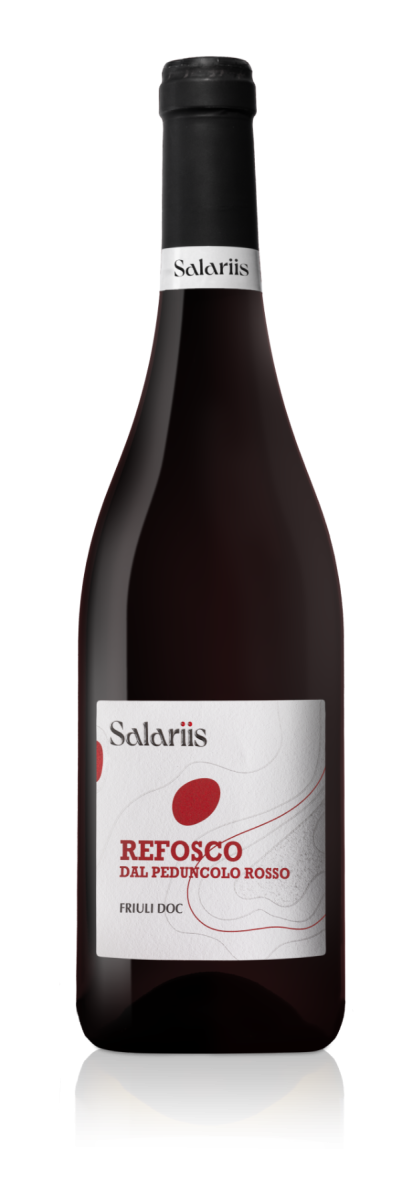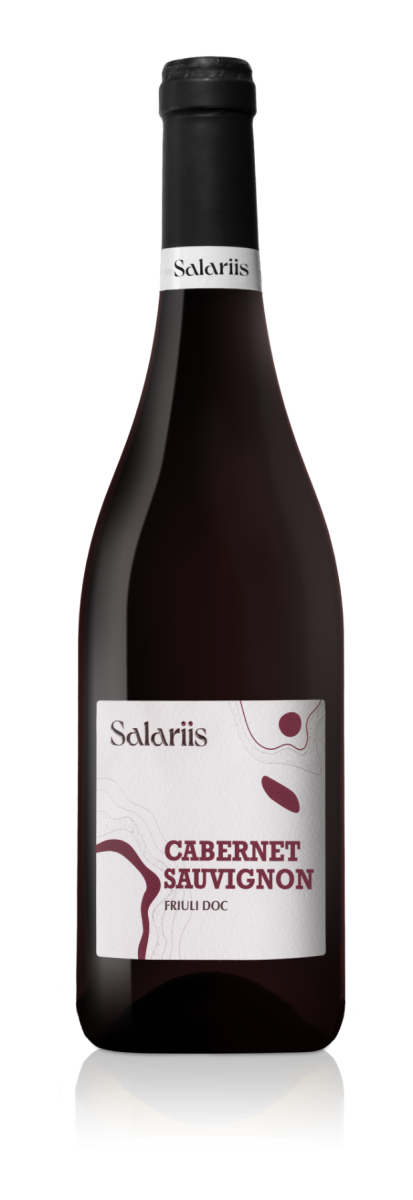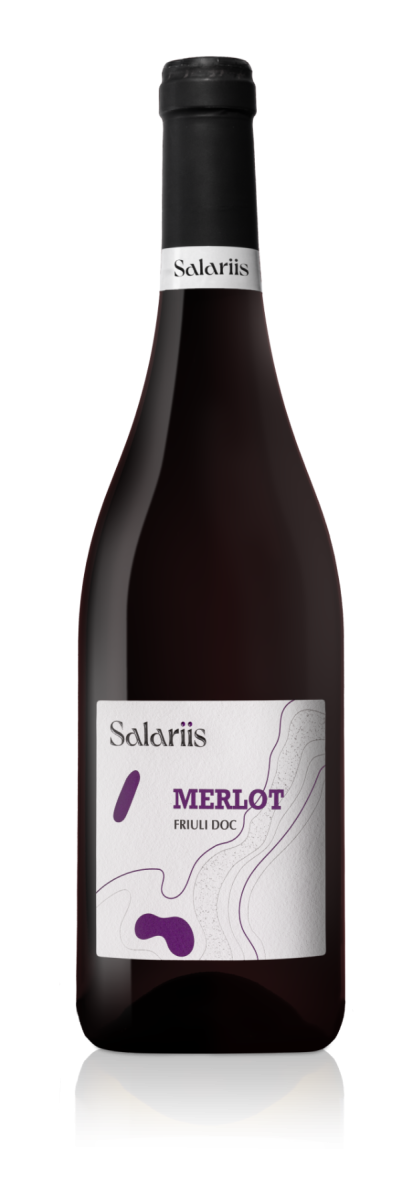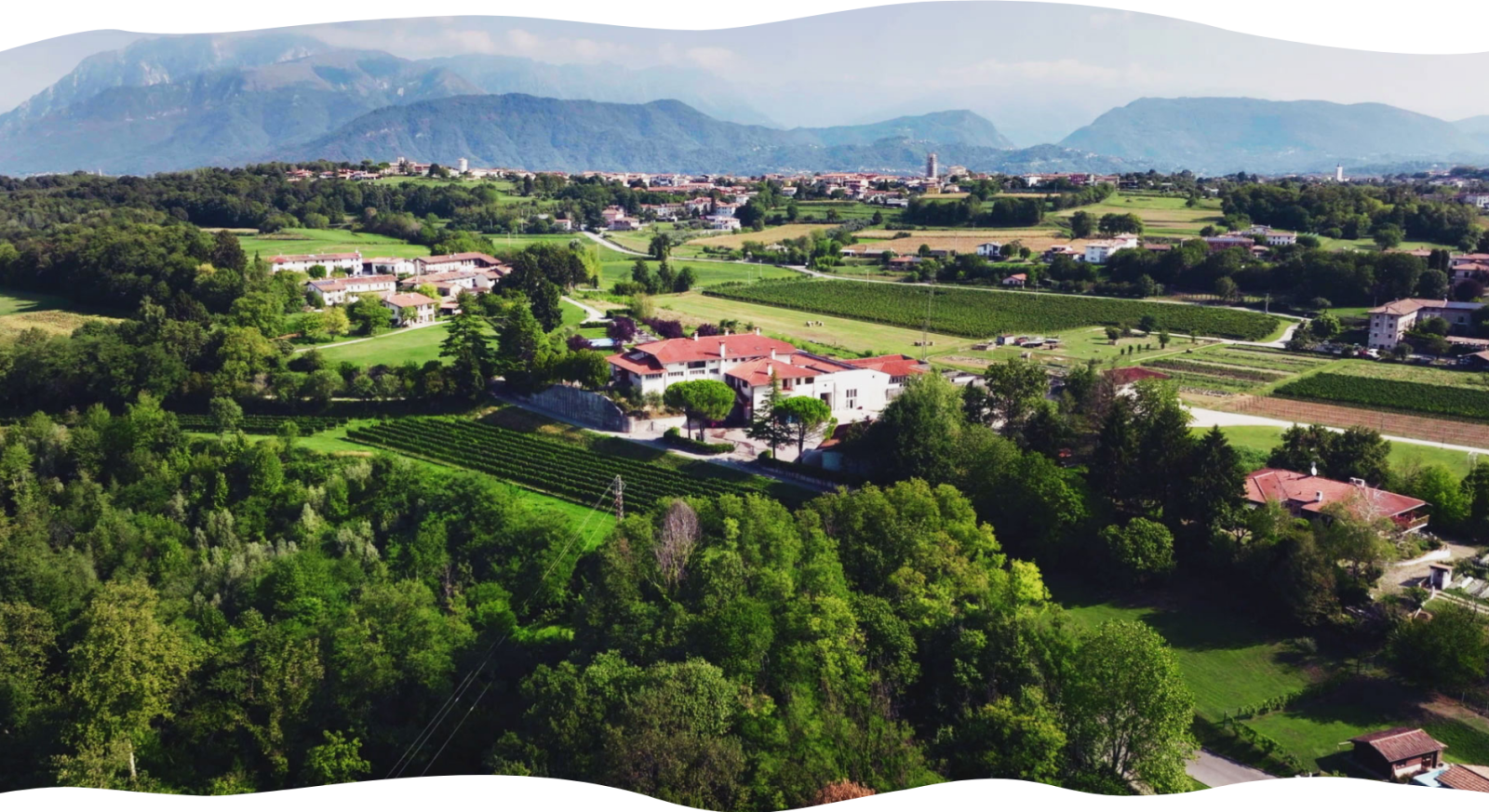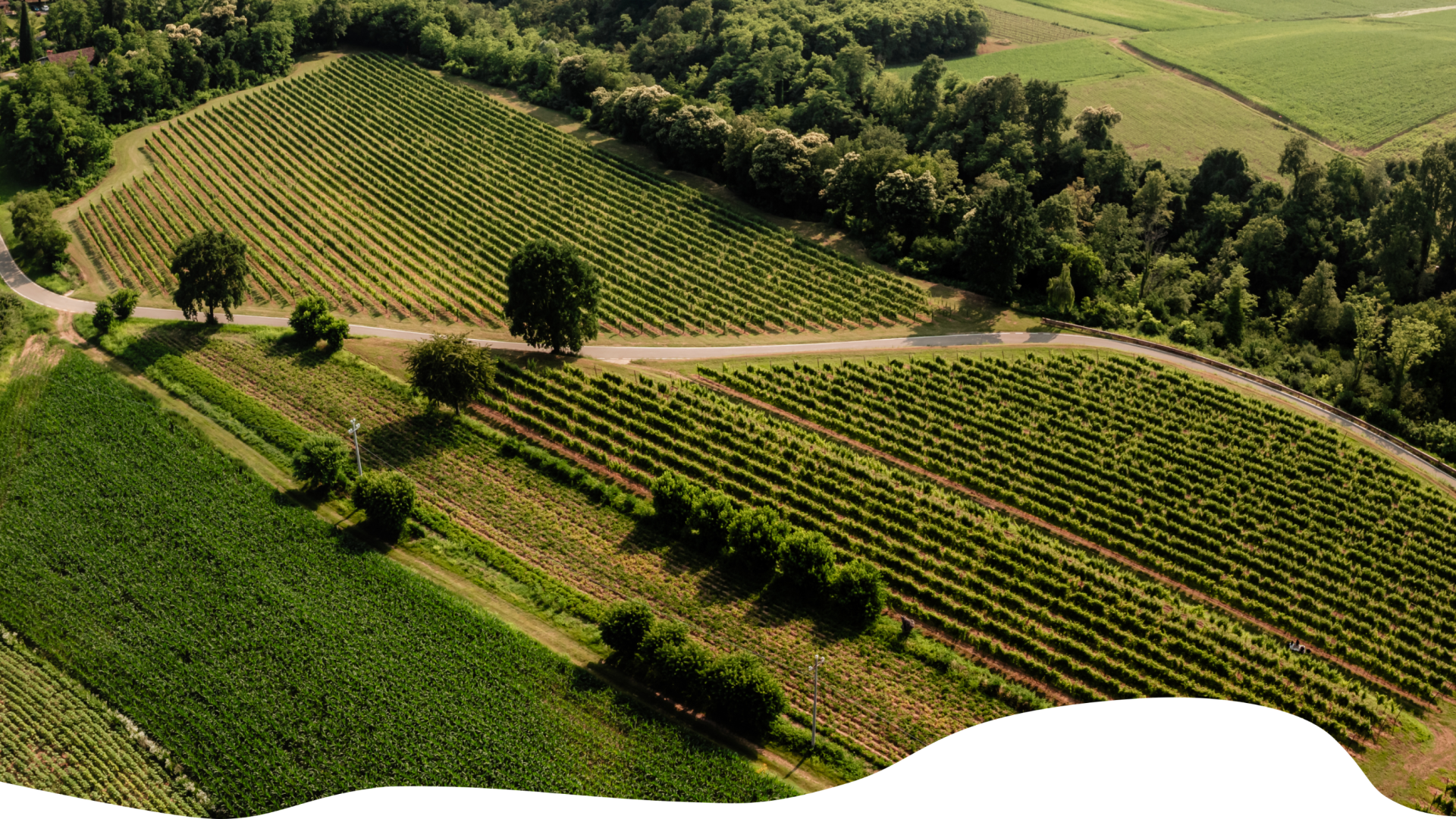
The expression of Friuli


Wine producer in Friuli
Fabio and Luigi are two young friends who decided to combine their respective entrepreneurial skills with their common passion for wine.The most authentic wine, which tells the story of the territory while offering an original and contemporary drinking experience. This project is called Salariis.
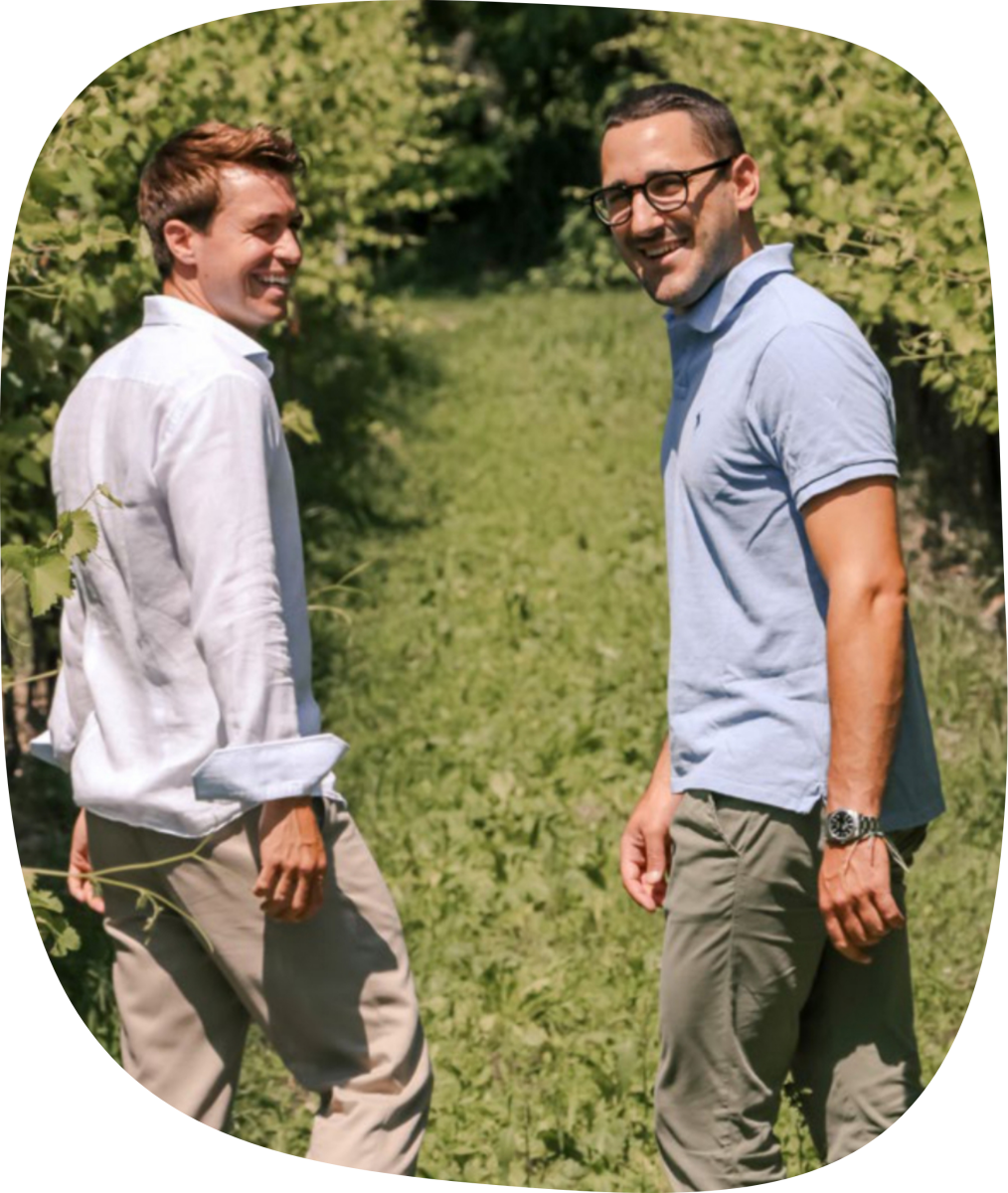
Fabio is a graduate of the Scuola Enologica di Conegliano (Conegliano School of Oenology) and today, together with his brothers, he runs the family winery, an experience that not only formed him professionally, but also inspired him to create something new on which to stamp his own quality brand.
Luigi holds a degree in economics from the United States and has accumulated various work experiences in Europe in the food and beverage sector. His passion for wine and his connection to the Friuli region led him to realise his dream of dedicating himself completely to wine production.
A modern winery surrounded by the environment
The name of the business is a tribute to the enchanting village of Borgo Salariis, located in the municipality of Treppo Grande (UD). It’s a place steeped in history and natural beauty, and one that’s always been dear to the two founders, who are committed to preserving the woods, watercourses and wild animals of the local ecosystem.
The company’s lands are nestled between the Julian Alps and the sea, elements that lend a freshness, complexity and elegance to all Salariis wines.

The territory


With its 20 hectares vineyards between Aquileia and Colloredo, Salariis aims to showcase the very best of the Friulian region.
Salariis grows the grape varieties Ribolla Gialla, Pinot Grigio, Refosco and Cabernet Sauvignon in the flat area on the outskirts of the village of Aquileia.
Here, the vines enjoy a climate whose temperatures are mitigated from the summer heat by breezes from the north east and the sea to the south, which also favour good air circulation and so assure a good day/night temperature range
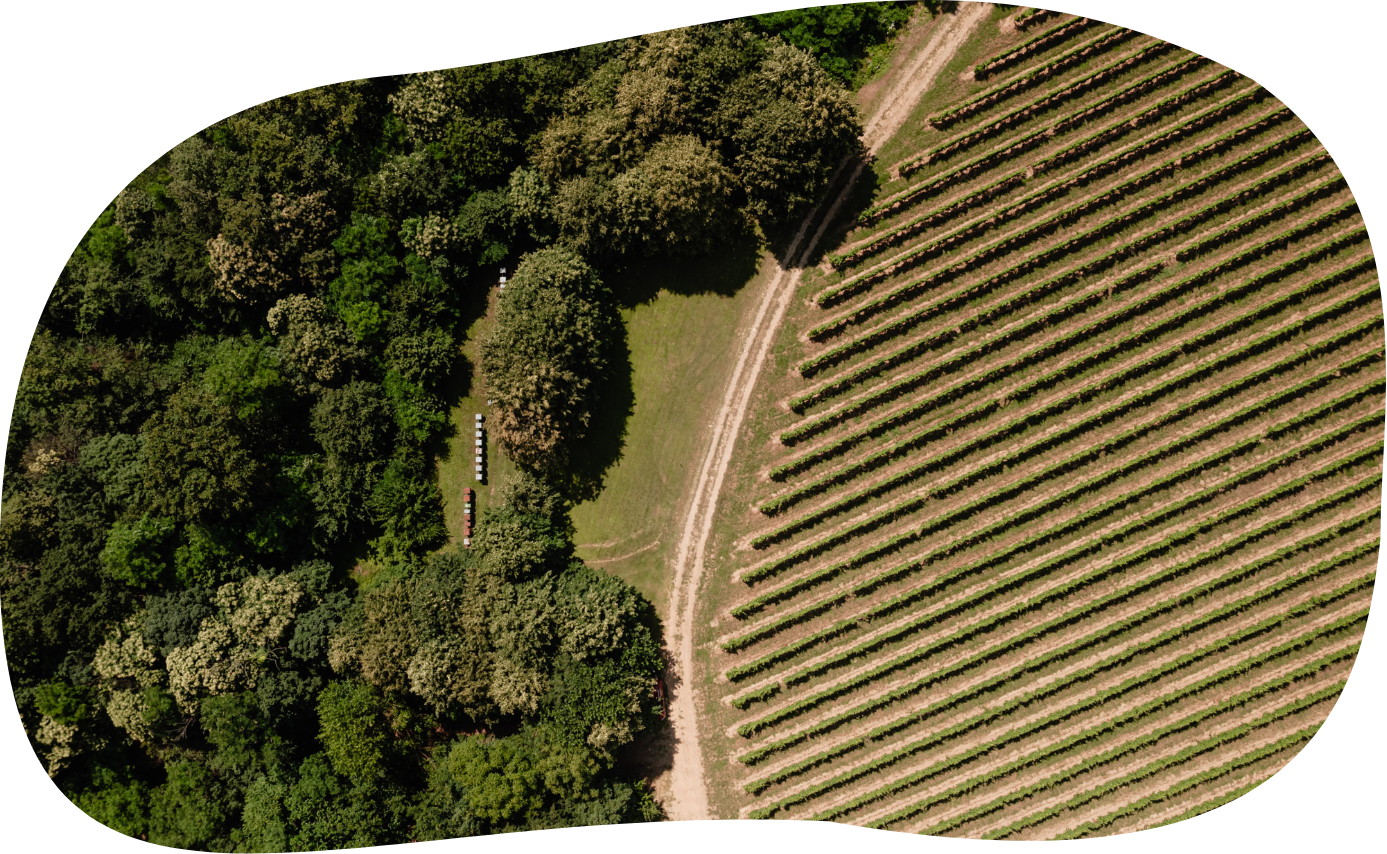
The Colloredo vineyards are located in an area that’s been enjoying a resurgence of winegrowing popularity.
The vineyards of the Merlot and Pinot Grigio varieties were planted almost 10 years ago. They’re positioned in regular, slightly sloping parcels to benefit from the winds descending from the mountain range which limits moisture deposition and thus makes the area very suitable for winegrowing.

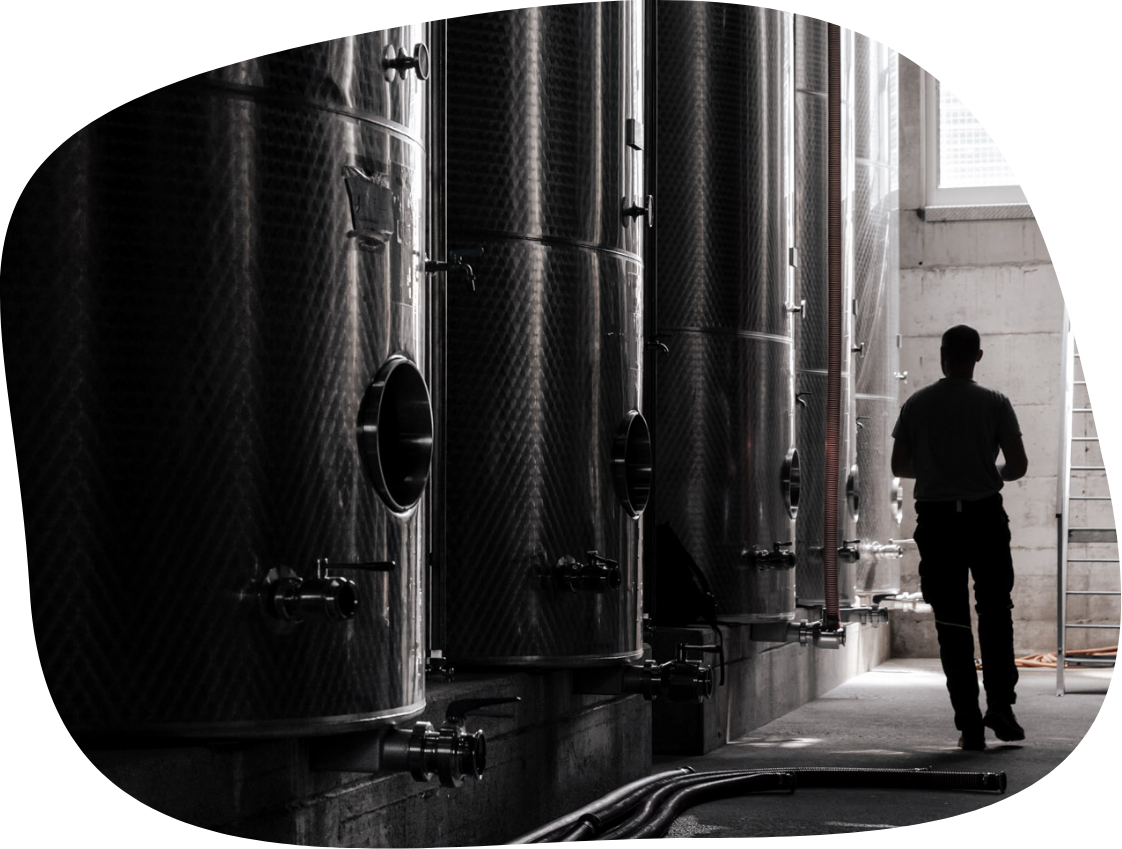
Salariis has crafted a series of quality labels, all made from grapes coming from our own vineyards where we grow a range of varieties including Friulano, Ribolla Gialla, Refosco, Merlot, Cabernet Sauvignon, Pinot Grigio, with a total yield of 200,000 bottles per year.
Ours is niche winemaking conducted to exacting quality standards. In addition to classic vinification, 10% of all our wines are aged in small barrels for around 4 months. This imparts greater complexity on the palate whilst preserving the fruity and fresh aromas on the nose.
Salariis produce 200.000 bottiglie all’anno da varietà come Friulano, Ribolla Gialla, Refosco, Merlot, Cabernet Sauvignon, Pinot Grigio, mantenendo standard qualitativi elevati. Il 10% dei vini affina in botte piccola per 4 mesi, arricchendo la complessità al palato senza alterare le note fruttate e fresche al naso.
Sustainable projects
Reduced use of plant protection products, innovative winery management operations, the recovery and reuse of waste water: these are all concrete actions aimed at ensuring the well-being of our winery and the environment.
We protect the Friulian territory and support the development of a sustainable agricultural economy that focuses on human health and the health of the environment.
Our efforts have resulted an integrated approach to production which favours eco-friendly practices and natural resource management to reduce environmental impact, and replace conventional farming practices.
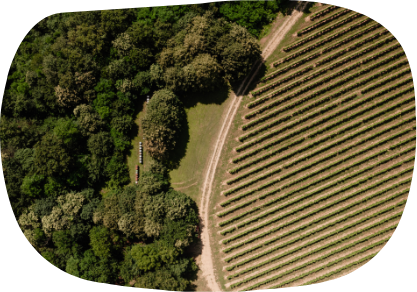
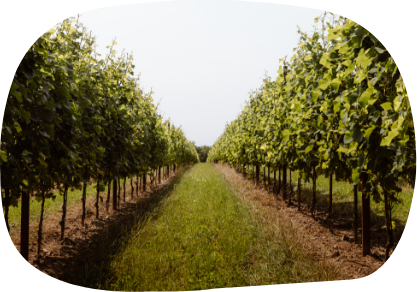

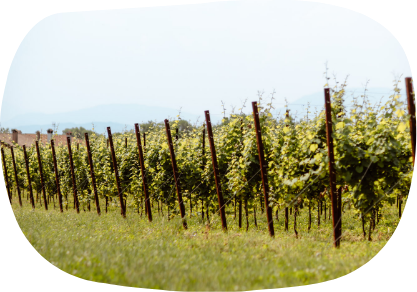
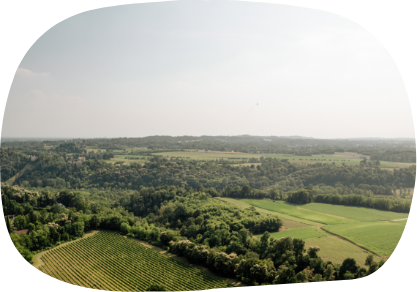
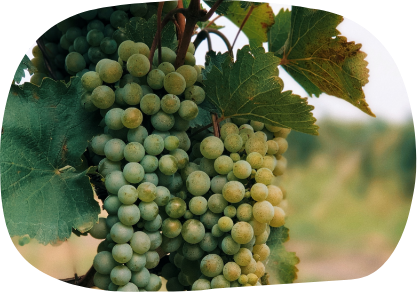


OUR COMMITMENT
Our role is to defend and support the territory, promoting agriculture focused on human and environmental health. Every day, we strive for a more sustainable approach, both in the vineyard and in the cellar, but there is still much to be done.

